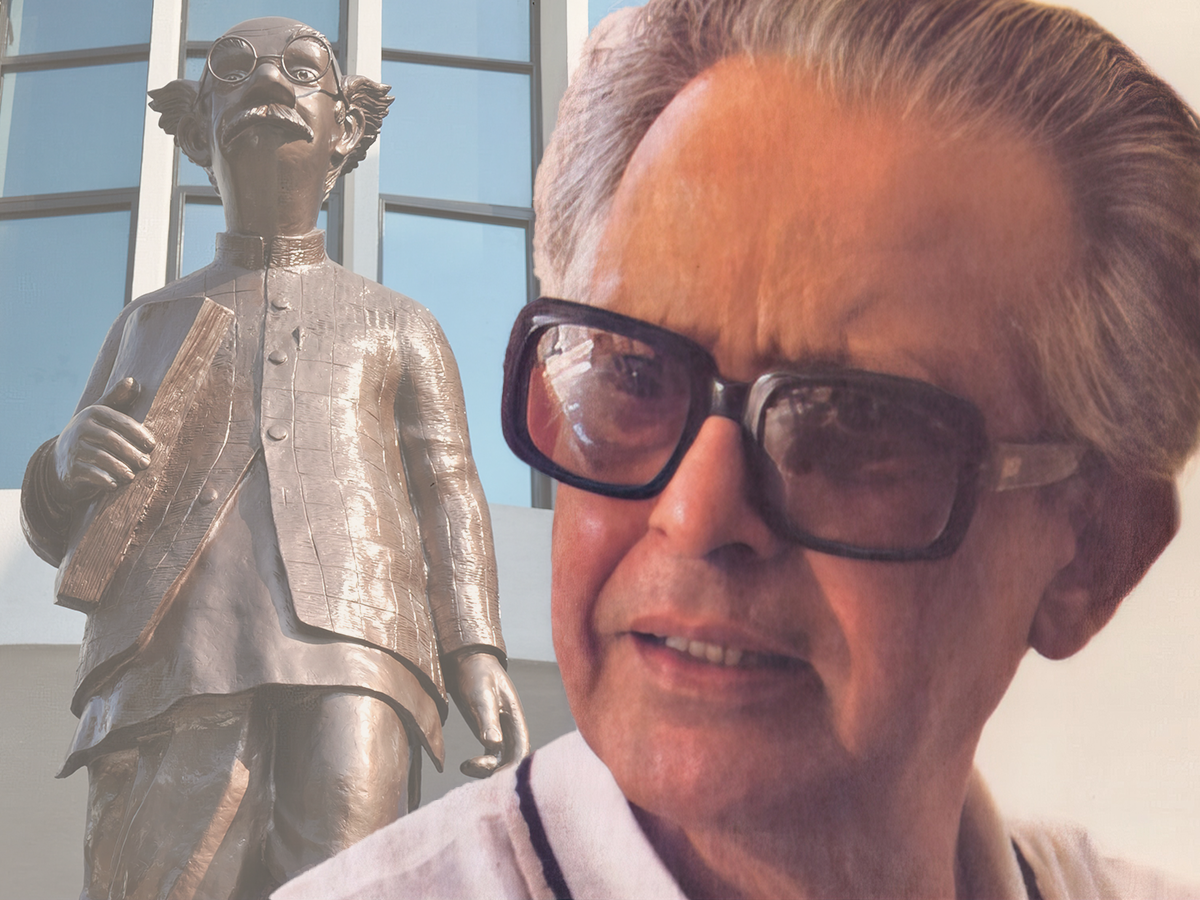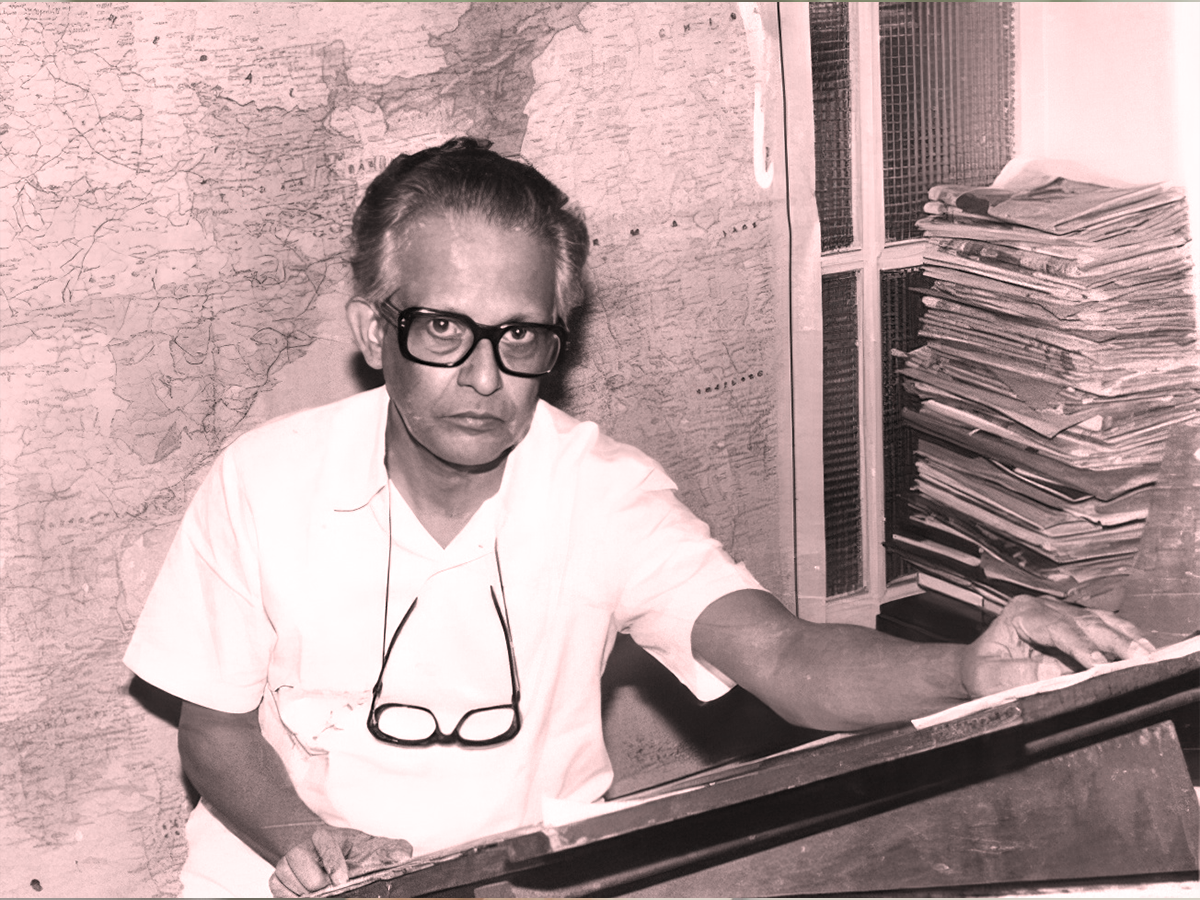
The Common Man: An R.K. Laxman Masterpiece
2018-07-12Cartoons have long held the dual power of entertaining and informing audiences, often addressing pressing social issues with wit and irony. For many years, talented cartoonists have used their skills to help people stay informed about societal challenges, while infusing humor into the conversation.
One such legendary figure in the world of cartoons is R.K. Laxman, whose work has left an indelible mark on the field. In this article, we’ll explore the life and achievements of the exceptional R.K. Laxman, highlighting his impact on cartooning and social awareness.
R.K. Laxman: The Early Years
Born as Rasipuram Krishnaswamy Iyer Laxman in 1921, Laxman demonstrated an affinity for art and cartoons from a young age. As a child, he was known for drawing on walls and filling the floors with his imaginative doodles. This early passion for art would ultimately lead him to pursue a career in cartooning. The son of a headmaster, Laxman began his creative journey by drawing caricatures of his father and teachers, showcasing his remarkable talent.
Growing up, Laxman was greatly influenced by his brother, Narayan, who was a writer. The two collaborated on various projects, with Laxman illustrating Narayan’s stories. Laxman’s favorite cartoonist was Sir David Low, a British artist whose work appeared in ‘The Hindu.’
Embarking on a Career in Cartooning
Laxman began his professional journey as a freelance artist, contributing to numerous newspapers and magazines, including Swarajya. In pursuit of greater opportunities, he moved to Bombay after illustrating for an animated film. It wasn’t long before Laxman gained recognition as a skilled political cartoonist, with his most famous creation being the ‘Common Man.’ This character became so popular that it was featured on a commemorative postage stamp in 1988.
Awards and Accolades
R.K. Laxman’s exceptional work continues to resonate with audiences today, demonstrating the timeless nature of his art. In recognition of his contributions, Laxman received the prestigious Ramon Magsaysay Award in 1984. Later, in 2005, he was awarded India’s second-highest civilian honor, the Padma Vibhushan.
R.K. Laxman’s remarkable talent and unique ability to combine humor with social awareness have solidified his legacy as a master cartoonist. His work has not only entertained generations but has also prompted thought and discussion on important social issues. As we look back on the life and achievements of R.K. Laxman, we are reminded of the enduring power of art to shape conversations and inspire change, a lesson that continues to hold relevance for today’s working professionals and aspiring artists alike.




